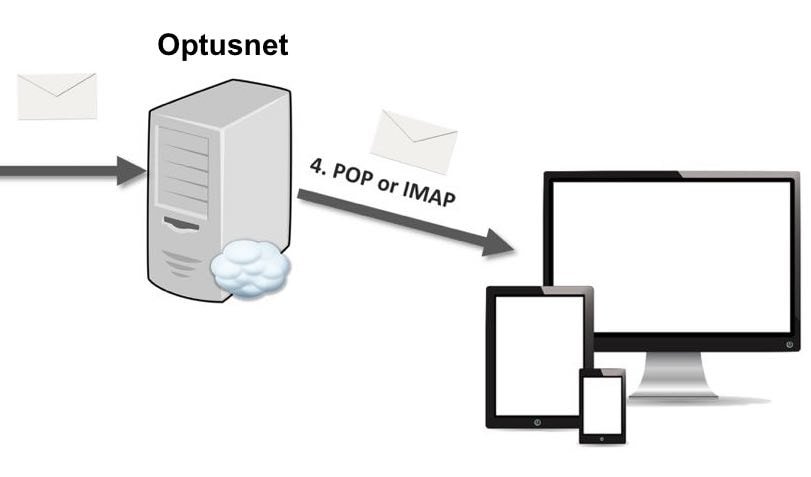The UAE issued a federal decree on the taxation of corporations and businesses on 9 December 2022 in order to prepare the groundwork for a 9% rate on taxable profits of more than Dh375,000, which would be about $102,000.
As per business and finance expert Kavan Choksi, this step has been taken to regularize the business sector of the nation. The new corporate tax regime shall become effective for accounting periods beginning on or after 1 June 2023, providing enough time for all businesses to make the necessary changes.
Kavan Choksi provides a general understanding of the new corporate tax plan of the UAE
Over the years, a large number of businesses and investors have opted to establish trade in the United Arab Emirates (UAE), which has invariably increased the revenue sources of the nation. UAE is steadily growing into an international business hub. The business market of UAE is bustling with brand-new opportunities and investments. Its growth potential is now higher than ever. In comparison to previous years, the national economic register data of the UAE indicates a 1.9 % rise in the total number of active businesses as of July 2022.
On 9 December 2022, the UAE Ministry of Finance (MoF) published the Corporate Tax Law that would be effective from financial years starting on or after 1 June 2023. This follows a public consultation document that was released on 28 April 2022. This document described the prime features of the planned corporate tax regime, along with the principles applied in the design of such a regime.
The new UAE corporate tax shall apply to both resident and nonresident persons
A resident would include:
- A natural person that conducts business activity in the UAE
- A juridical person who has been incorporated otherwise established or recognized in the UAE (including free zones)
- A juridical person who has been incorporated, otherwise established or recognized outside of the UAE, which is effectively managed and controlled in the country
A nonresident individual might be subject to the corporate tax if they have a permanent establishment (PE) in the UAE or derives UAE-sourced income, or has a nexus in the country.
Typically, UAE businesses shall be subject to a 9% corporate tax rate. A rate of 0% shall apply to taxable income not exceeding the particular threshold prescribed by a Ministerial Decision. Even though MoF has earlier indicated that a higher rate might apply to large multinationals subject to Pillar Two, the Corporate Tax Law has been silent in this respect.
According to Kavan Choksi, UAE businesses would be subject to corporate taxation on their worldwide income. Capital gains and dividend income, however, shall be exempt subject to meeting the conditions associated with participation exemption. The new Corporate Tax Law even provides for a foreign branch profits exemption in situations where profits have been subject to tax overseas at a rate of at least 9%. The foreign tax credit would be available for taxes paid overseas on forms of income that are not exempt from UAE corporate tax.




